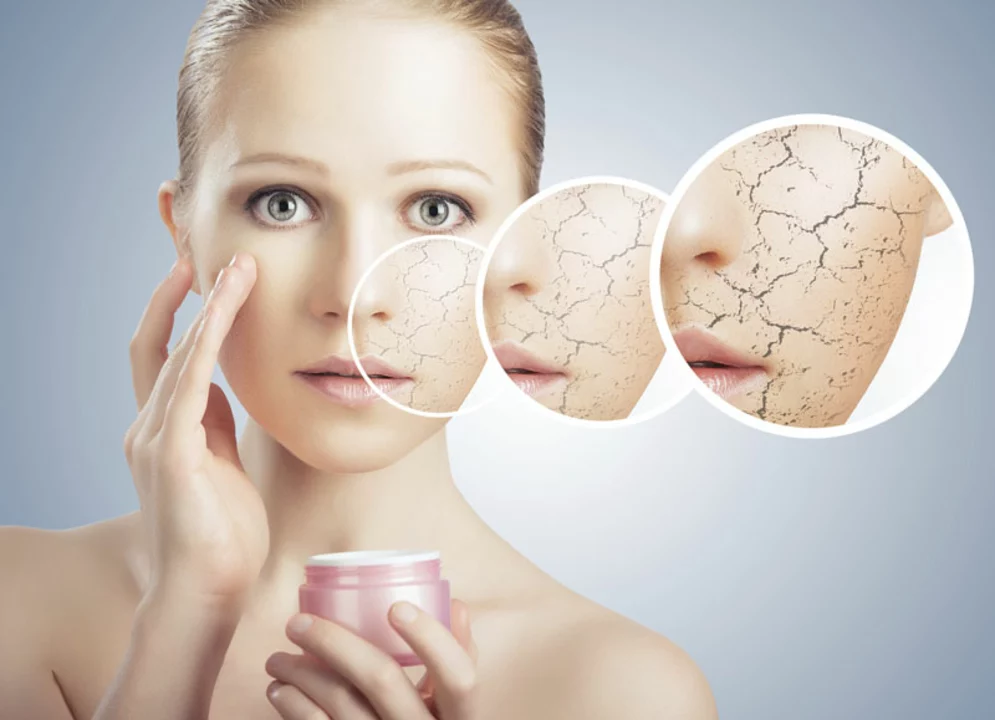Skin protection: easy, real-world steps that actually help
Your skin is your first line of defense. Protecting it means less pain, fewer infections, and aging that’s easier to manage. Below are simple, practical tips you can use today—no gimmicks, just actions that work.
Sun and daily protection
Sunscreen matters. Use a broad-spectrum SPF 30+ every morning on exposed skin, and reapply every two hours when you’re outside. Pick a physical blocker (zinc oxide or titanium dioxide) if your skin is sensitive. Hats, lightweight long sleeves and shade are often easier than constant reapplication. Remember lips and ears—use lip balm with SPF and don’t forget the tops of your hands.
For daily moisture, choose a fragrance-free cream with ceramides or glycerin to keep the skin barrier strong. If your skin tends to get red or dry, avoid harsh foaming cleansers and hot water. Pat dry and lock moisture in within a minute of washing.
Cuts, wounds and infection prevention
Clean small cuts with soap and water, then apply a thin layer of antibiotic ointment and a clean bandage. Change the bandage daily or sooner if it gets wet. Watch for signs of infection: spreading redness, increased pain, warmth, fever, or pus. If you spot those signs, see a clinician. For deep or fast-spreading infections, immediate care is needed—some skin infections need prescription antibiotics like those discussed in our piece on Ciprofloxacin for Cellulitis.
If you have chronic skin breaks (athlete’s foot, eczema cracks) keep the area dry and use barrier creams. For eczema flare-ups, gentle steroid creams for short periods can stop a flare before it gets infected—ask a provider for guidance.
Travel tip: pack a basic skin kit—cleaning wipes, small tube of antibiotic ointment, sterile bandages, and a travel sunscreen. That alone prevents most common problems on the road.
Dealing with acne or hormone-related breakouts? Meds like spironolactone work for many adults, but come with rules—our article on Spironolactone and Drinking covers safety tips and what to watch for. Topical retinoids, benzoyl peroxide, and non-comedogenic moisturizers help too. If over-the-counter steps fail, consider seeing a dermatologist for prescription options or newer treatments like those explored in Isofair alternatives.
Hair and scalp protection counts too. For thinning or regrowth, minoxidil (Rogaine) is proven for many users—read practical advice in our Rogaine: The Real Story article.
If you want more specific help, reach out via our contact page—there’s a simple form on Get in Touch. Small changes—sunscreen, gentle cleansing, prompt wound care—cut most skin problems off at the pass. Want product suggestions or guides for a particular issue? Ask and we’ll point you to clear, trusted resources on the site.
Skin Pain and Weather Changes: How to Protect Your Skin
As a blogger who has experienced skin pain due to weather changes, I can't stress enough the importance of protecting our skin. Fluctuating temperatures and humidity levels can cause dryness, irritation, and even flare-ups of skin conditions. To shield our skin, it's crucial to maintain a consistent skincare routine, using gentle cleansers and moisturizers that suit our skin type. Additionally, staying hydrated, wearing sunscreen, and protecting our skin from harsh winds can go a long way in preventing skin pain. Remember, our skin is our body's largest organ, and taking care of it is essential to our overall well-being.

